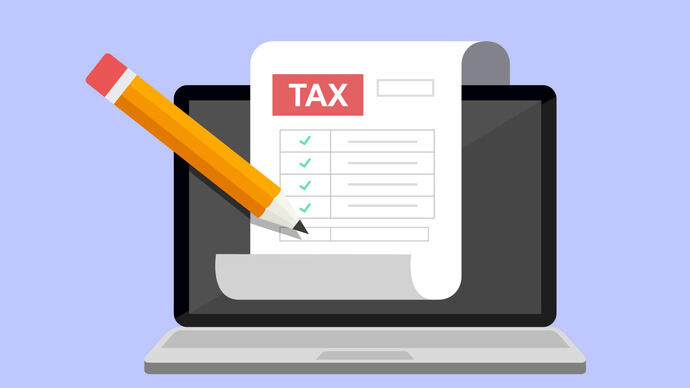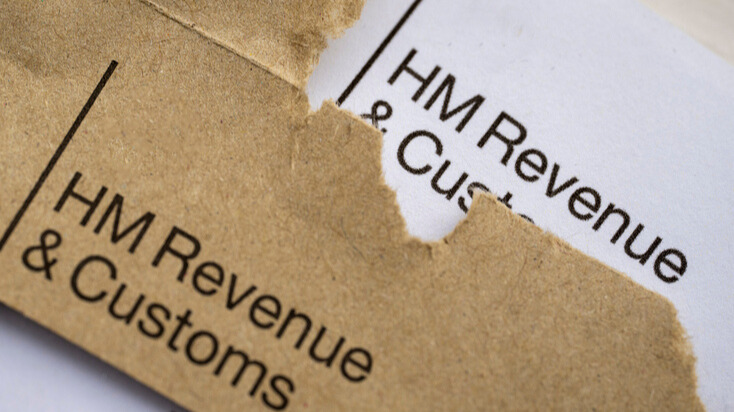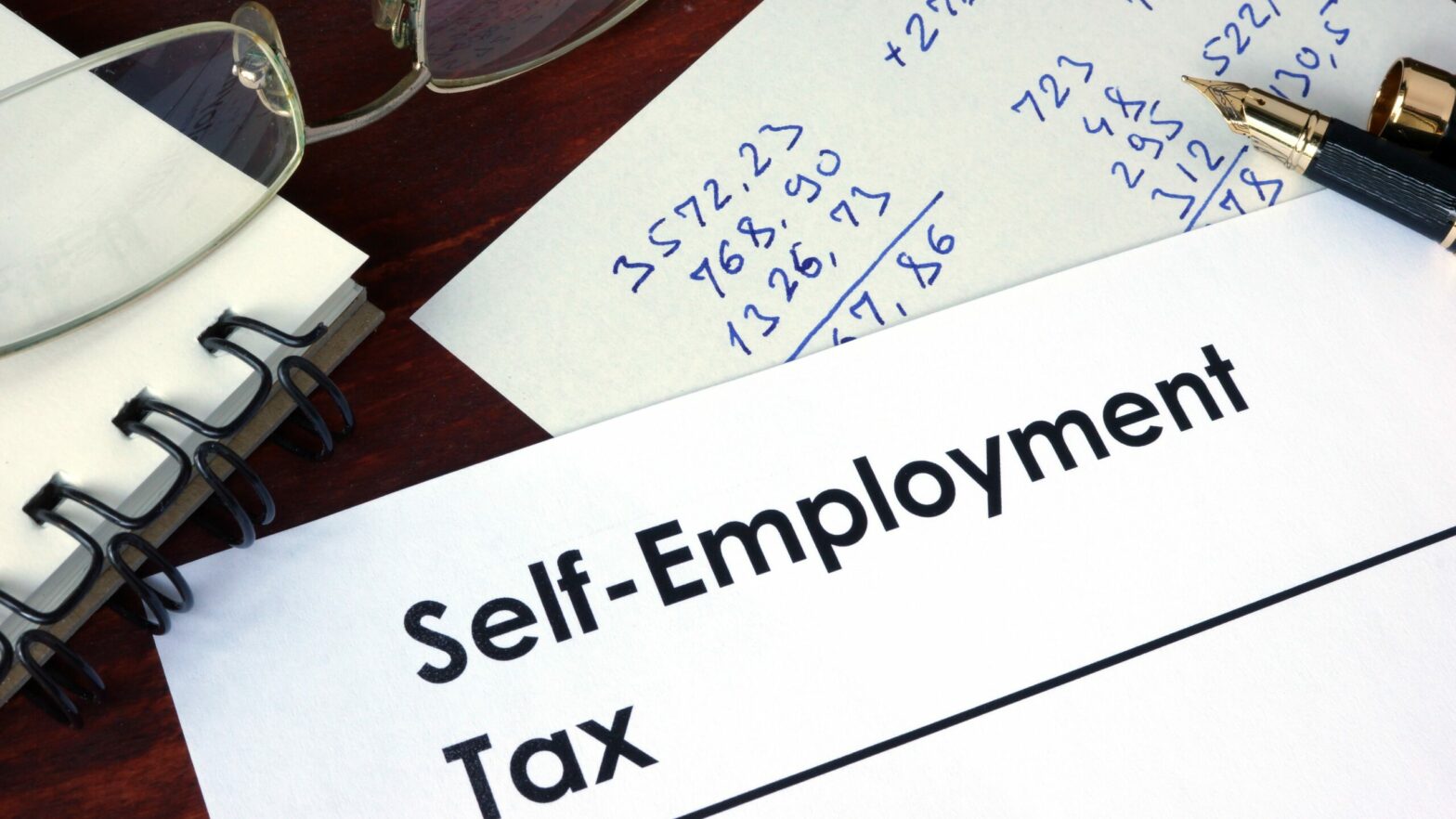Companies and self-employed individuals in the UK have a number of obligations in relation to the taxes they may have to pay to HMRC.
It can be overwhelming as to which of these obligations apply to you, given that different taxes are due depending on your circumstances. This can be especially unsettling when you are just starting out in business. This article provides an overview of the main business taxes you will encounter and the circumstances under which you will be liable to pay these.
Corporation Tax
All limited companies in the UK are liable to corporation tax on profits. The profit of the company is, broadly, calculated by deducting items of allowable business expenditure from your turnover figure. Note that there are certain reliefs on corporation tax that may also be deductible.
Corporation tax returns must be filed no later than twelve months after the end of your accounting period, although the tax must be paid within nine months and one day of the account period end.
The current UK corporation tax rate is 19 per cent, although it has been confirmed that this will increase to 25 per cent with effect from April 1 2023.
Income Tax
If you carry out your business as a sole trader or in a partnership, you will have to submit income tax returns and pay tax on your profits. Completing and submitting tax returns is commonly referred to as ‘self assessment’.
Income tax profits are also calculated by deducting expenses and reliefs from turnover.
Rates of income tax vary depending on how much you earn. Almost everyone in the UK gets a tax-free amount of £12,570, known as the personal allowance. Beyond that, income over the personal allowance is taxed at varying rates, based on how much you earn. Note that, should your income exceed £125,140 in a tax year, you will no longer be in receipt of the personal allowance.
You must submit online tax returns by midnight January 31 following the end of the tax year. Tax is also payable on this date. If you wish to file a paper return, you can still do so, but this has a shorter filing deadline of October 31 following the end of the tax year.
If you are self-employed and earn up to £1,000, you do not need to tell HMRC.
Note that self-employed people also pay National Insurance on their earnings. The rate of National Insurance contributions payable is dependent on profits.
Value Added Tax (VAT)
VAT is effectively a sales tax that businesses charge on ‘taxable supplies’, such as sales of goods and services, hiring goods and commission.
There are three VAT rates, standard rate, which is charged on most items and is 20 per cent, reduced rate (5 per cent) and zero rated (0 per cent).
You are only obligated to register for and charge VAT if your business has a ‘taxable turnover’ of over £85,000. The taxable turnover is the total of everything sold that is not VAT exempt. Note here that VAT exempt items are different to those that are classed as zero rated.
VAT is usually paid to HMRC quarterly, one month and seven days after the quarter end.
VAT returns are usually submitted quarterly to HMRC, but if your estimated VAT taxable turnover is £1.35m or below for the next 12 months, you can join the Annual Accounting Scheme, meaning you need only submit one annual return.
PAYE and National Insurance Contributions
If a company has employees, it must operate PAYE as part of its payroll. PAYE is an HMRC system to collect income tax and National Insurance from employees. When making payments to employees, you must deduct the tax and National Insurance from the payment and report the payments and deductions to HMRC on or before payday. The tax collected is usually paid to HMRC on a monthly basis.
In addition to the National Insurance contributions paid directly from an employee’s salary, you are also obligated to pay employer National Insurance contributions. Both employee and employer NICs are charged based on earnings and which National Insurance category they are in. Details of these rates can be found on www.gov.uk.
If you are paying yourself a salary from a business operated through a limited company, this will also be subject to PAYE, although it could be more tax efficient to pay yourself by way of a company dividend. I would recommend contacting your advisor for more information on this.
Joanne McLaughlin is a corporate tax manager in the tax department at Hillier Hopkins.





